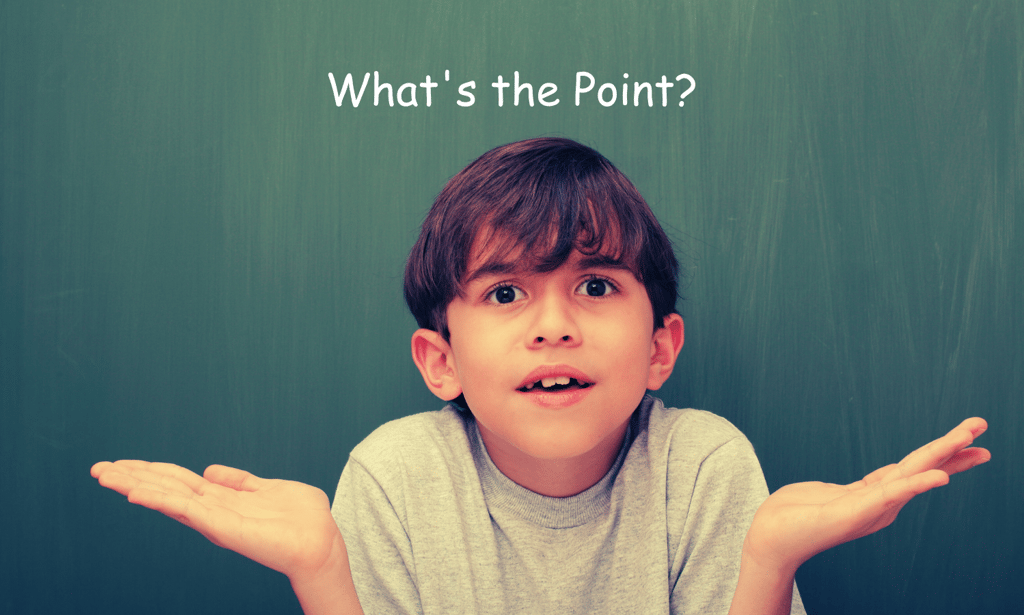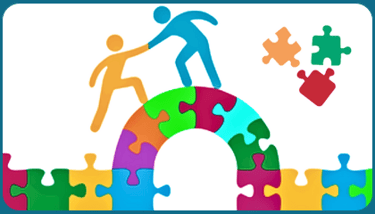What's Done is Done: Blame Never Fixed Anything
Let's create some safe space and sit down together, share some food and lay down our differences to find our commonalities!
COMMON SENSE
Mark Boatwright-Frost
11/9/20244 min read


Understanding the Impact of Blame
The act of assigning blame can have profound psychological and societal repercussions. In many instances, blame serves to create division among individuals and groups, fostering an environment of hostility rather than collaboration. This can be particularly evident in fields such as politics, where leaders often point fingers at opponents instead of focusing on solutions to pressing issues. Such behavior limits open dialogue and prevents collective problem-solving, as parties become entrenched in defensiveness rather than working towards constructive outcomes.
Furthermore, in interpersonal relationships, blaming can lead to a breakdown in communication. When one party feels unjustly accused, it can breed resentment and defensiveness, obstructing resolution efforts. This cycle of negativity reinforces a harmful dynamic, making it increasingly difficult for individuals to address the underlying issues at hand. Instead of fostering understanding and support, blame creates an adversarial atmosphere that can escalate conflicts and lead to further misunderstandings.
In professional settings, a culture of blame can stifle innovation and risk-taking. Employees may be hesitant to share ideas or admit mistakes for fear of repercussions, ultimately hindering progress and productivity. Organizations that focus on blame often find themselves in a stagnated state, unable to advance or adapt to changing circumstances. Conversely, environments that promote accountability and learning from mistakes can lead to more effective teamwork and problem-solving capabilities.
Moreover, the societal implications of blame extend beyond individual interactions. Communities polarized by blame can struggle to unite around common goals, undermining social cohesion. Instead of working collaboratively to address social issues, blame can foster an “us vs. them” mentality, impeding the collective action necessary for meaningful change. Recognizing the futility of blame is essential for fostering a more cooperative and productive society.
The Role of 'Othering' in Problem-Solving
'Othering' refers to the process of perceiving or portraying individuals or groups as different from oneself, often resulting in an “us versus them” mentality. This mindset fosters division and alienation, obstructing constructive dialogue and cooperative problem-solving. When individuals categorize others as outsiders or adversaries, it can lead to misconceptions, hostility, and ineffective conflict resolution. As a result, this practice can significantly weaken the social fabric that binds communities, hindering our ability to collaboratively address pressing issues.
The implications of 'othering' become evident in various societal contexts, including political dialogue, community relations, and even interpersonal connections. When individuals view others through the lens of 'othering,' it stifles opportunities for understanding and compromise. Moreover, this mentality breeds an environment where grievances proliferate, and blame is often directed outward, rather than fostering accountability and collective responsibility. Consequently, pivotal dialogues that could lead to solutions remain sidelined, buried under layers of miscommunication and mistrust.
Overcoming the barriers created by 'othering' requires intentional efforts centered on empathy and recognition of our shared humanity. One effective strategy involves promoting intergroup dialogues that encourage individuals to articulate their experiences while actively listening to others. By cultivating an atmosphere of mutual respect and understanding, communities can bridge divides and foster collaboration. Educational initiatives that emphasize the importance of diverse perspectives can also mitigate the tendency towards 'othering,' creating more inclusive environments where every voice is valued.
Ultimately, embracing our commonalities and learning to appreciate differences will cultivate unity rather than division. In navigating the complexities of social issues, it is vital to prioritize empathy and collective engagement. Recognizing the detrimental effects of 'othering' is the first step towards nurturing a more harmonious society, where constructive dialogue can flourish.
Breaking the Cycle: Embracing Collaboration
Addressing societal problems requires a shift from a blame-centric mindset to one that emphasizes collaboration. When individuals and groups come together, they build a powerful coalition that can generate more significant and lasting change. Blame often creates division, leading to a lack of trust and open communication. To foster an environment where constructive solutions can develop, it is essential to prioritize group efforts over individual fault-finding.
Community dialogue stands out as a practical approach to facilitate collaboration. By creating safe spaces where individuals can voice their concerns and share their perspectives, communities can establish a foundation for mutual understanding. Workshops that focus on skill-building can also enhance collaboration by equipping participants with the tools necessary to work collectively towards shared goals. This collective engagement allows for the integration of diverse viewpoints, enriching the problem-solving process.
Another effective method of fostering collaboration lies in the implementation of participatory projects. These initiatives encourage community members to actively contribute to decision-making processes. By involving stakeholders from the outset, these projects cultivate a sense of ownership and commitment among participants. This heightened engagement reduces the tendency to allocate blame and instead directs energies toward solutions that would benefit the group as a whole.
Finding common ground is crucial to uniting various groups. By identifying overarching issues that concern everyone, stakeholders can work towards shared objectives. This includes acknowledging the unique challenges faced by different segments of the community and striving to incorporate their needs in the collaborative efforts. Ultimately, the path to successful problem-solving is paved with understanding, respect, and an unwavering commitment to working together, laying aside blame in favor of collective responsibility.
Moving Forward: Solutions Beyond Blame
Shifting from a blame-oriented mindset to one focused on constructive solutions is essential for both individuals and communities. By prioritizing dialogue and collaboration, we can foster environments conducive to problem-solving and accountability. One effective strategy is to promote open communication that values diverse perspectives. Initiatives can encourage individuals to share their experiences and insights without fear of judgment, creating a culture of trust and mutual respect.
Creating inclusive spaces for discussion is another pivotal step. Organizing community forums, workshops, or discussion panels can provide platforms for individuals to engage in meaningful conversations. It's crucial that these environments are designed to welcome all participants, fostering collaborative dialogues rather than adversarial debates. In such settings, participants can explore the root causes of issues and collectively brainstorm solutions, thereby reinforcing a sense of shared purpose and community ownership over problems.
An essential element in this transition is cultivating a mindset of accountability. Encouraging individuals to take responsibility for their actions can diminish the inclination to blame others. It is vital to recognize that ownership of one’s role in a situation acts as a catalyst for meaningful change. This can be achieved through personal reflection and peer support, allowing people to learn from their mistakes while also mitigating the effects of past errors.
Successful examples can be found across various sectors where blame has been set aside for collaborative problem-solving. For instance, restorative justice programs empower victims and offenders to engage in mediated conversations, leading to resolutions that consider the needs of both parties. By showcasing these practices, we can inspire others to implement similar strategies. Ultimately, when communities choose to move beyond blame, they unlock their potential for progress and innovation.
Thoughts on a human future... ~Mark Boatwright-Frost
The Resilient Community Movement
In today's ever-changing world, the importance of fostering resilience within neighborhoods and communities cannot be overstated. By facilitating connections among residents, we empower individuals to share their stories and experiences, creating a strong support network. This collaborative spirit not only enhances the well-being of community members but also amplifies their voices, ensuring that their unique human needs are recognized and addressed.
Contact and Connect
info@reseco.org
© 2024. All rights reserved.
